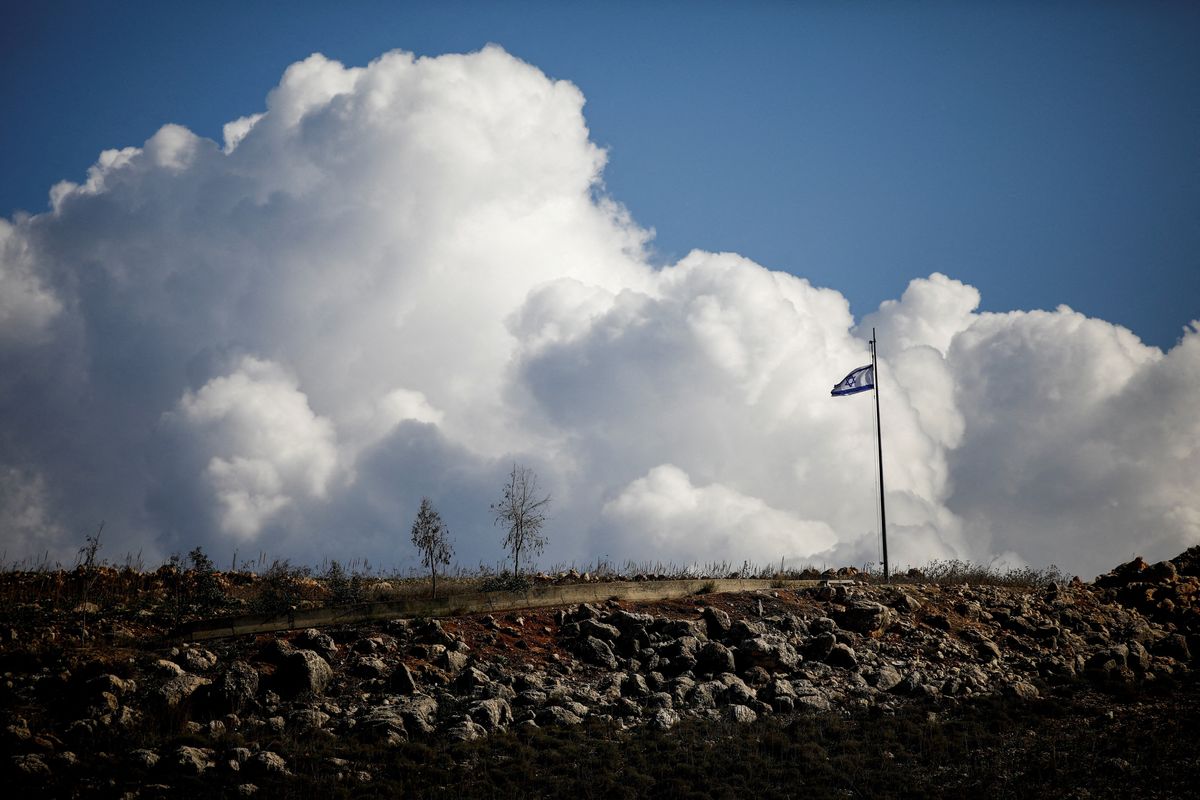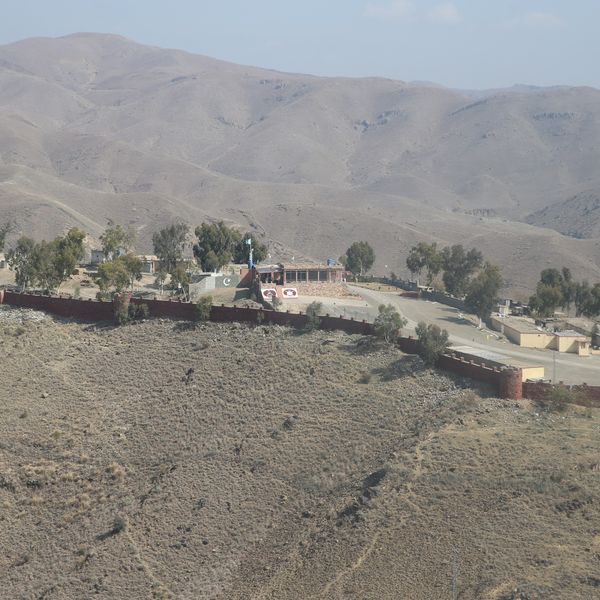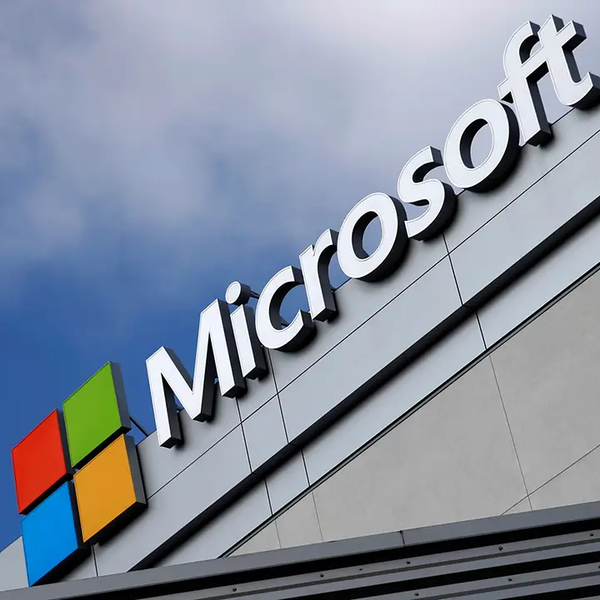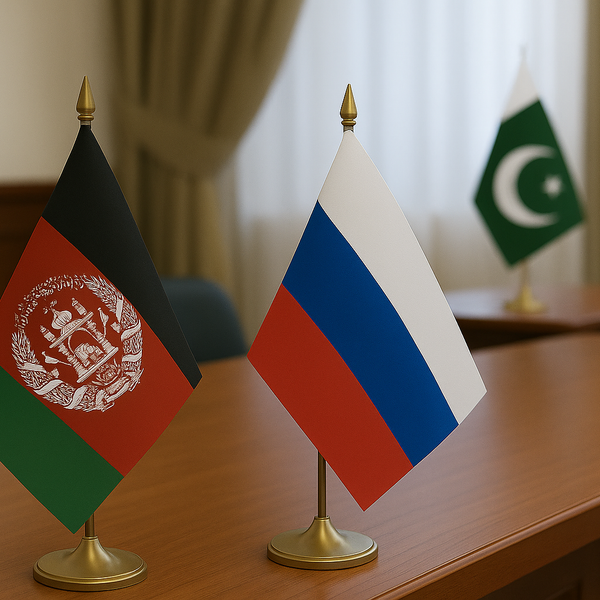U.S. envoy: Israeli troops withdraw from another town in south Lebanon
U.S. envoy Amos Hochstein expressed optimism about the ceasefire implementation
AFP
News Agency Partner
AFP is a renowned international news agency, delivering comprehensive and reliable reporting on global events, trends, and issues.

An Israeli flags flutters on the Lebanese side of the Israel-Lebanon border
Reuters
U.S. envoy Amos Hochstein announced Israeli forces began withdrawing from Naqura in southern Lebanon.
The withdrawal follows calls from UN peacekeepers and Lebanese PM Mikati for Israel to accelerate its pullout.
Hochstein expressed optimism that all parties will remain committed to implementing the ceasefire agreement.
U.S. envoy Amos Hochstein said on Monday that Israeli forces began withdrawing from the south Lebanon border town of Naqura, marking the second such pullout since a fragile ceasefire was declared on Nov. 27 between Israel and Hezbollah.
The withdrawal cited by the U.S official follows calls from United Nations peacekeepers and Lebanese Prime Minister Najib Mikati for the Israeli army to accelerate its pullout from southern Lebanon.
“The Israeli military started its withdrawal from Naqura today, south of the Blue Line,” Hochstein told reporters, referring to the U.N.-demarcated boundary between the two countries. “These withdrawals will continue until all Israeli forces are out of Lebanon completely, and as the Lebanese army continues to deploy into the south and all the way to the Blue Line.”
Hochstein, who brokered the ceasefire last November, expressed optimism after meetings with parliamentary speaker Nabih Berri, an ally of Hezbollah, and Prime Minister Mikati, despite mutual accusations of violations from Israel and Hezbollah.
“I have no reason not to expect that all parties will remain committed to implementing the agreement,” Hochstein said.
Ceasefire Terms
Under the ceasefire agreement, Israeli forces are to withdraw over a 60-day period, with the Lebanese army and U.N. peacekeepers deploying in the south. Hezbollah is required to pull its forces north of the Litani River, roughly 30 kilometers (20 miles) from the border, and dismantle remaining military infrastructure in the area.
Lebanese Prime Minister Mikati urged for “a clear timetable to complete the Israeli withdrawal before the end of the 60-day deadline,” according to a statement from his office, rejecting any extension.
The Lebanese army confirmed its units deployed around Naqura in coordination with the U.N. Interim Force in Lebanon (UNIFIL), coinciding with Israel’s withdrawal. The five-member committee overseeing the ceasefire, including representatives from Israel, Lebanon, France, the U.S., and UNIFIL, met Monday, co-chaired by Hochstein and U.S. Maj. Gen. Jasper Jeffers.
Hochstein said the ceasefire implementation may not have proceeded “as quickly as some wanted,” but added, “What I heard in Naqura today gives me hope that we’re on the right track.”
Accusations of Violations
Israeli Defense Minister Israel Katz accused Hezbollah on Sunday of failing to withdraw beyond the Litani River and meeting other ceasefire terms. Hezbollah has also alleged Israeli violations.
This marks the second Israeli withdrawal and subsequent Lebanese army deployment since the ceasefire began, with the first occurring near the border town of Khiam on Dec. 11.
Political Stalemate
Hochstein also emphasized the need for political consensus in Lebanon ahead of a presidential vote later this week. Lebanon has lacked a president for over two years due to deep divisions between Hezbollah and its rivals.
“These are critical times for Lebanon,” Hochstein said. “This is an opportunity to focus on rebuilding the economy, implementing reforms that will allow for investment, and returning the country to economic growth.”
Hochstein and Jeffers also met with Lebanese army commander Joseph Aoun on Monday to discuss the ceasefire. Aoun has been mentioned as a possible presidential candidate.










Comments
See what people are discussing